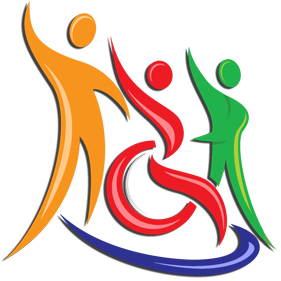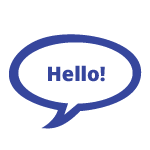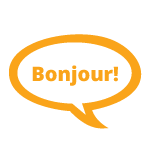Festival and Event Accessibility
Festival and Event Accessibility

Introduction
Our Festival and Event Accessibility Research Project asserts that people with disabilities are the experts in accessibility and inclusion. Their input in this project will help form the accessibility recommendations in a final report guide for future Canadian festivals and events to use as a blueprint ensure full inclusion.
Gathering the Data: Focus Groups
We have been bringing together people with disabilities to talk about barriers in Canadian outdoor, indoor, and online festivals and events in focus groups. These focus groups are the most important part of this project, as they directly relay the first hand experiences of persons with disabilities who attend festivals and events. In addition, we have and continue to reach out to people who have been part of outdoor, indoor, and virtual festivals that includes people who have been involved in promoting, planning, hosting, content creation, performing, vending, supplying security and medical services, providing venues, etc., for Canadian festivals and events.
The information and stories garnered form these focus groups will create a truly comprehensive report guide for organizers of future events and festivals; enabling them to incorporate the best practices that ensure full inclusion and accessibility into all Canadian events and festivals. They will also help inform future standards for Accessibility Standards Canada.
What is a Festival or Event?
A festival or event is a planned gathering. People come together to celebrate, remember, or highlight a theme, focus, or group. Some are free, others cost money. They can be open to everyone, or be private. Festivals and events can be outdoor, indoor, or virtual. They can happen a lot, every year, in certain years, or only once. Our interest is in these types of festivals and events:
- Arts and Culture
Examples: Performance, movie, comedy, music, etc. - Community
Examples: Community fair, Lantern festival, heritage, Calgary Stampede, etc. - Multicultural, Diversity, Specific Groups, and Language
Examples: Greek fest, Asian night markets, Black or African entrepreneur events, Pride, seniors, etc. - Indigenous
Examples: Truth and Reconciliation, Pow wow, rodeo, etc. - Disability and Inclusion
Examples: Disability arts festival, etc. - Agriculture
Examples: Farm, harvest, 4H, vegetarian, wildlife, fish, food, drink, etc. - Family and Children
Examples: Reading, games, circuses, etc. - Government
Examples: Federal, provincial, and municipal events, such as National Reconciliation Day, Canada Day, New Year's Eve, etc. - Holiday
Examples: Lunar New Year, Halloween, Christmas, Hanukkah, Kwanzaa, etc. - Seasons
Examples: Fall fair, summer solstice, winter carnival, etc. - Sports
Examples: Indoor and outdoor baseball, football, lacrosse, etc. - Automotive
Examples: Car shows, show and shine, car races, etc. - Other
Examples: Conferences, etc.
This project is funded by Accessibility Standards Canada, and the Government of Canada
![]()
 English
English Français
Français